|
~ Written by Nancy Andrews ~ As an avid reader of books relating to childcare and education I was really looking forward to reading a Steve Biddulph book that I couldn’t believe I hadn’t yet read as I have gathered a large collection of his books over the years. We are slowly putting together a collection of reading materials for our family library at Milford Lodge and I really enjoy recommending books to families and following up on their thoughts regarding the content. The book in question which Molly found was titled “Raising Babies: should under 3s go to nursery?” This book was first published in the UK in 2006 hence the terminology of nursery as opposed to day care. Biddulph has very strong opinions on advocating for children under the age of 3 to be with their parent as opposed to spending their early days in group care. I actually found the book very depressing and judgemental. I remember saying to Molly afterwards “I’m not sure about including this book in our family library as I think the parents of our youngest babies will really be worried if they are causing long term damage to their child by using childcare” I was quite torn by my feelings on this subject, as this was the area I choose to do my dissertation on whist studying my Bachelor of Early Childhood. At this time, I also held very strong beliefs about the harmful effects group care could have on young babies and I intentionally choose to nanny or work in preschools with over 3's rather than work in long daycare myself. Part of my role as Educational Leader now involves offering tours to families of sometimes very young infants and sharing our philosophy and practice. This is not something I could have confidently done twenty years ago, as I would have felt I was betraying my own personal beliefs. Half way through reading the book one particular sentence stood out for me in which Biddulph bluntly said if your child is in group care they are treated purely as a number and the strangers who work in these services won’t care for them or love them as much as you. A photo I had seen of Sharna and baby Lennox in our weekly news to families from Avocado Cottage immediately sprung to my mind counteracting this opinion. The phrase ‘a picture can speak a thousand words’ springs to mind. I had witnessed firsthand the care and attention all our staff, particularly in Avocado Cottage and School House put in to forming attachments and settling new children into Milford Lodge at the beginning of the year. This photo for me captures the complete joy and delight we derive from our relationships with every child who attends Milford. I actually sent Sharna a text message that Saturday afternoon to say how much I loved the photo especially whilst reading such a negative book. Having had the privilege of working in childcare for close to 30 years now it is safe to assume I have seen my fair share of both good and bad day-care services in many parts of the world. To be really honest, it was not until I began working at Milford Lodge almost 7 years ago now that I finally found a place that I would happily trust to care for my own children (if only they were still little!). I thought I would share my own personal opinion of why and how my beliefs have changed since discovering this special place. You may not know this but when Milford Lodge first opened in 1986 Margaretha chose to initially only offer care for children older than 3. However soon after opening, families began asking about the possibility of caring for a younger age group. Margaretha decided if she was going to offer care for 2 year olds and subsequently babies it was going to be of the highest quality. She opened a new service specifically for 0-2years (this service is now Art Nuvo). Molly’s dad Frank built Avocado Cottage in 2004 and Margaretha ensured that babies had a slow transition into day care and only offered short hours to begin with. We are very sensitive to the difficult decision parents make when they are choosing a day-care service for their most treasured possession. The research into neuroscience has greatly advanced in recent years and great emphasis has been placed on the importance of the first 1000 days in a child’s life. This is referring to conception to the age of approximately two and a half years. With this knowledge comes great responsibility to ensure we act with the greatest of integrity. How do we do this you ask? One phrase the literature uses over and over is “’the human brain is designed to be moulded by the environment it encounters”. The environment is an extremely important element of a quality program, second only to the quality of staff. Margaretha acknowledged when she initially opened her home in 1986 that young children would be spending a significant part of their childhoods here playing, learning, sleeping, eating, finding comfort, and experiencing rich relationships with other children and new adults. Living in a group setting for up to 10 hours a day has the potential to create inevitable tensions and stresses. The home like environment we provide and all day access to a natural outdoor setting including going on daily outings in the neighbourhood and caring for animals eases the stress that young children might otherwise feel. Extraordinary amount of detail has been put into ensuring that the environments are aesthetically pleasing, warm, inviting and nurturing spaces.
Children who attend Milford Lodge learn that life is fun! Everything is done with a sense of joy, playfulness and kindness .It is sometimes difficult to explain our uniqueness to prospective families but this uniqueness is palpable upon spending time here. As I endeavour to inform prospective families of the intentions behind our practices I find myself elaborating on the qualities and values that are the foundations of everything we do here at Milford lodge, We give children the space to be exactly who they are. No one is pressured to be like anyone else ~ The Dr Seuss quote ‘’not one of them is like another’’ springs to mind in regards to our children but likewise our staff. I ask families what’s important to you? What are your values? Their responses enable us to delve further into our shared beliefs and what these might look like in practice.
We make a conscious effort to only have 10 babies each day in Avocado Cottage. Particularly at the beginning of the year this low ratio is imperative to helping babies to settle in and form relationships with their carer. Every member of staff across the service understands the importance of this time and great consideration and respect is afforded to these infants for example if we are conducting a tour for an older child we explain to the families why we are not intruding on the babies’ space and sense of security by walking a group of strangers around their room. It is always lovely to hear families comment on how nice it is to hear that our babies’ emotional well-being and happiness comes before financial gain. Staff in other rooms are always willing to give cuddles to unsettled infants as we know how the stress hormone cortisol increases when they hear other babies cry. It is easy to forget that as the only baby in a household they may have never heard the sound of another baby cry and anyone will agree it can be quite distressing. The staff in Avocado Cottage strive to have an unhurried, relaxed peaceful rhythm to their day. Babies eat and sleep when they need rather than following a strict timetabled day. This leaves plenty of time for one-one care throughout the day when we are not expecting 10 babies to eat and sleep at the same time. In her book 'No Bad Kids', Janet Lansbury stresses that children under three should only be cared for by people they have the opportunity to form a long term attachment relationship with. We try to have one staff member from the baby room transition to different rooms alongside children throughout their time here. At the end of 2017 it was so lovely to notice that the children who were preparing to start school had one staff member care for them for four years since starting in Avocado Cottage. Our low staff turnover supports this practice. The current staff in Avocado Cottage have a combined total of over 20 years of working at Milford Lodge. Karen has cared for a succession of siblings over the years including all 4 babies of one of our families. It is staffing considerations such as this that ease the stress of returning to work after maternity leave. Only recently I happened to notice that Migi was still here long after she had officially finished her shift. When I asked why she was only too happy to tell me how she wanted to stay back and play with baby Theo who is 6 months old. We love that staff find their jobs so rewarding that instances like this are very common amongst our team. A lot has to be said for our working conditions to which we have Molly and Justin to thank. Another early childhood consultant’s work that we greatly admire is Nathan Wallis from New Zealand. We recently shared a YouTube video of his at a staff catch up reminding staff about the importance of quality interactions. Wallis beliefs convey a much more reassuring message to families who use day care. He stresses that being in care will not ruin a child for life. It is but one risk factor and can easily be negated by other positives for the child such as: if they're first born, if parents are still together and are tertiary educated, if they learn to play a musical instrument or speak a second language etc. He mentions a very interesting statistic which you may well agree or disagree with-the eldest child in the family is more likely to be the most successful! All because of one factor-the one on one relationship they have with their parents before their other siblings come along. It was very interesting to hear a number of parents’ mention how during the school holidays they are thoroughly enjoying spending time with their school age child whist the younger child attends Milford. They mention how special this time together is and how much they had missed it . Another one of our families chooses to set aside one special day for each child whilst the other sibling attends Milford. What is so nice to hear is that the parents trust the child who is at Milford is having an equally amazing time. I see and hear firsthand the amazing focussed time each family at Milford Lodge spends with their child/children before and after day care. Whether it’s taking them to the beach of an early morning or late afternoon, spending time pottering in their gardens at home, reading stories together, bringing the family dog for a walk, going for a bike ride, cooking dinner together or simply allowing their child to watch them work. Parents make no secret that spending time with their children and as a family is THE most important thing in the world. It is all these factors alongside choosing a place like Milford Lodge that will ensure your children are having the best childhood imaginable.
I am very happy to share how my views about very young children in day care have changed over the years mainly due to working in such a special environment alongside wonderful colleagues. We know that parents are the most influential and important role models in a child’s life but whilst you are doing your other important job that you have studied/trained hard for and are making a difference in the world in your line of work please rest assured that Milford Lodge and our vision and practice in Early Childhood Education and Care is The Next Best Thing
1 Comment
13/11/2023 21:11:28
It's heartening to hear about the importance you place on building strong relationships with both children and their families. The understanding that parents make the most significant impact on a child's life, but quality childcare can be a valuable support system, is a reassuring message for families. Your focus on creating a positive and enriching experience for children during their time at Milford Lodge is a testament to your dedication and passion for early childhood education and care.
Reply
Your comment will be posted after it is approved.
Leave a Reply. |
AuthorMolly Stewart Archives
December 2021
Categories |
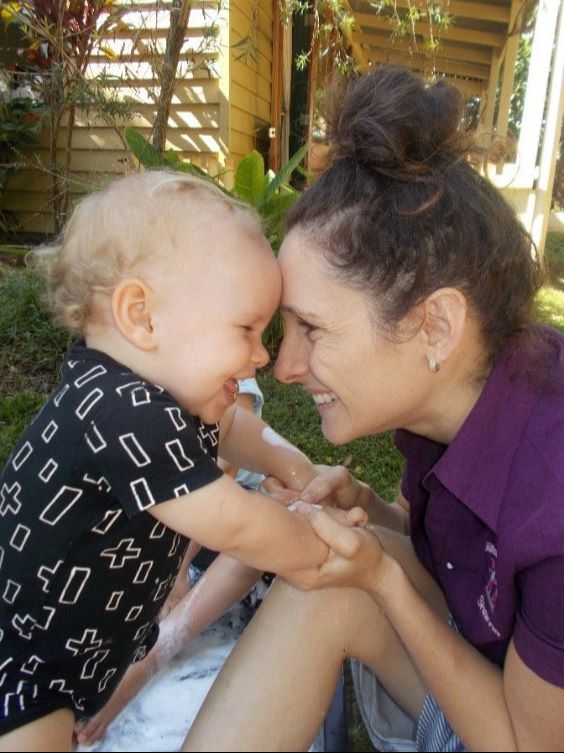
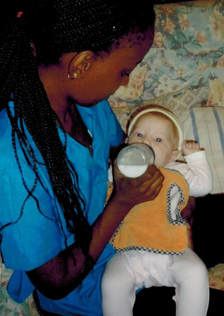
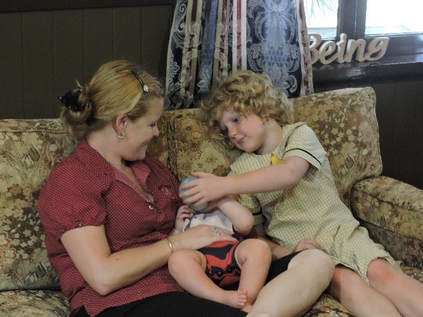
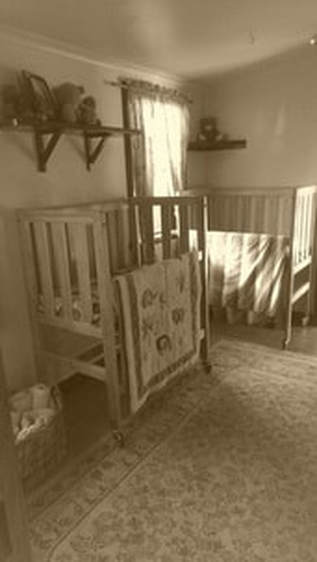
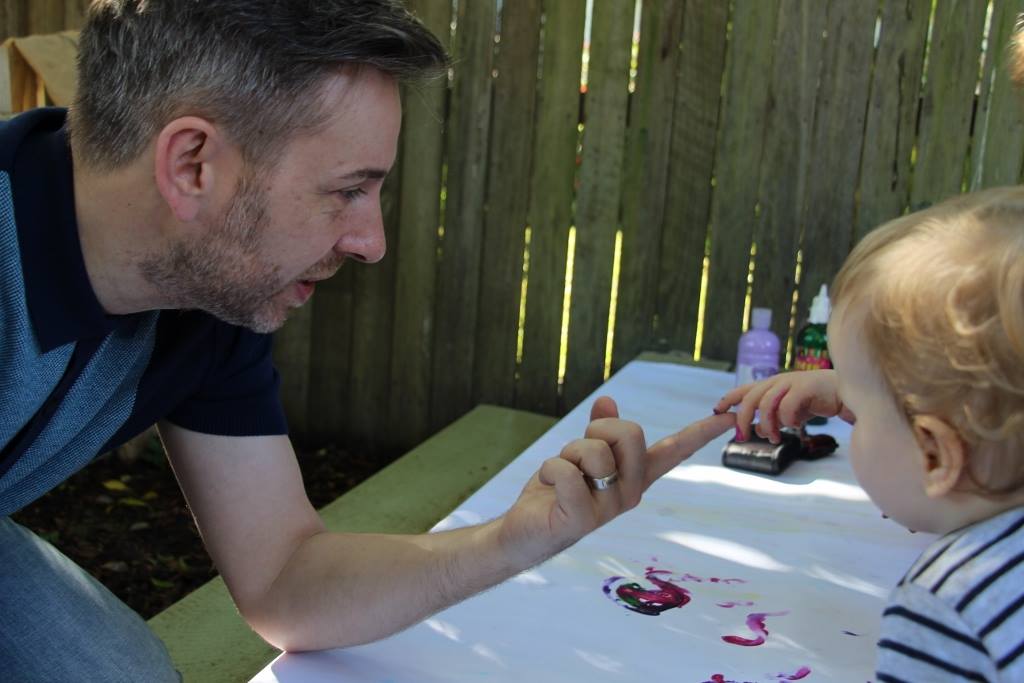
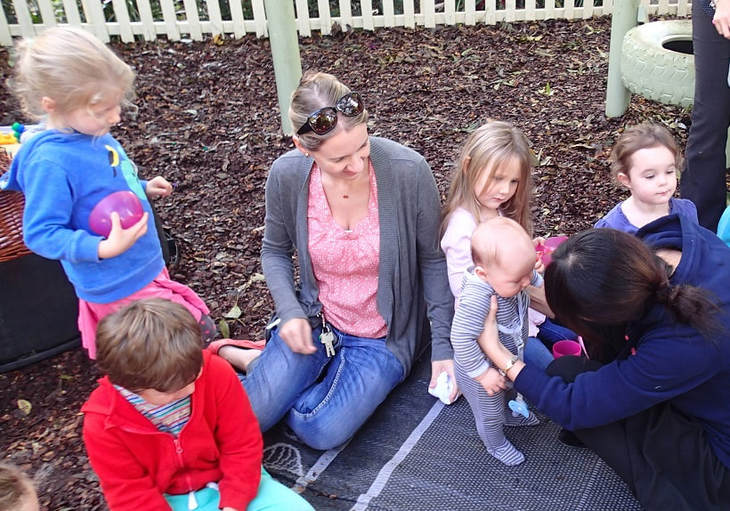
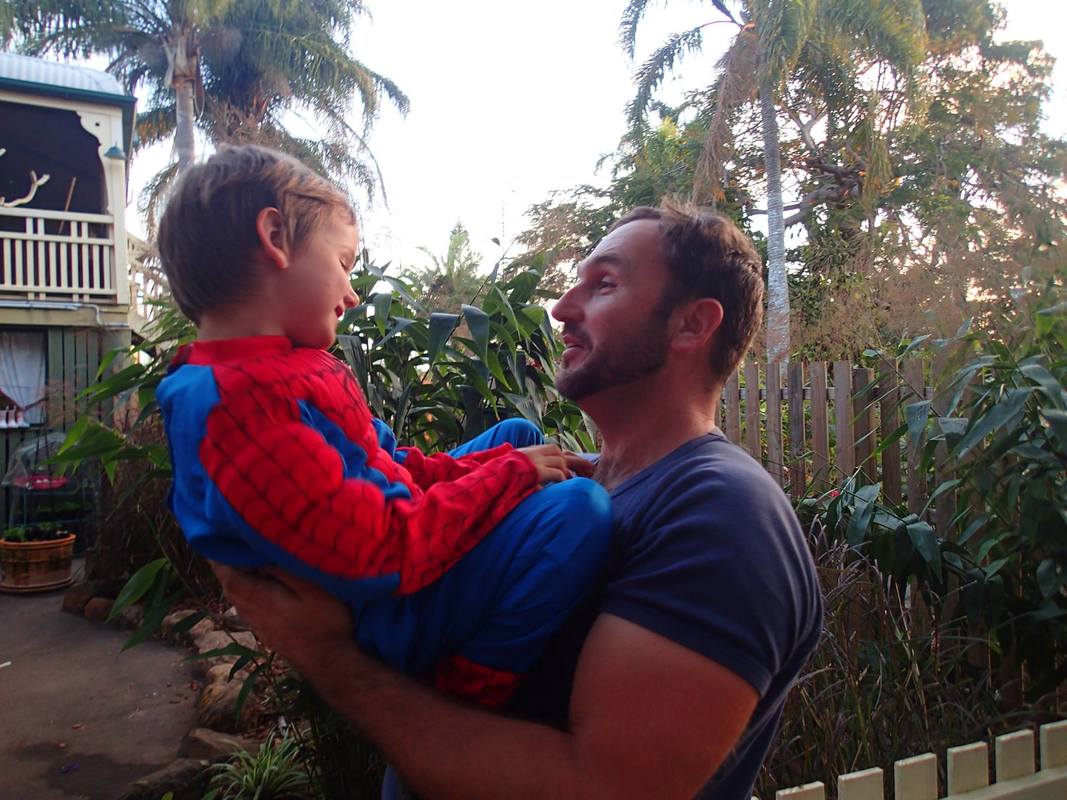
 RSS Feed
RSS Feed
